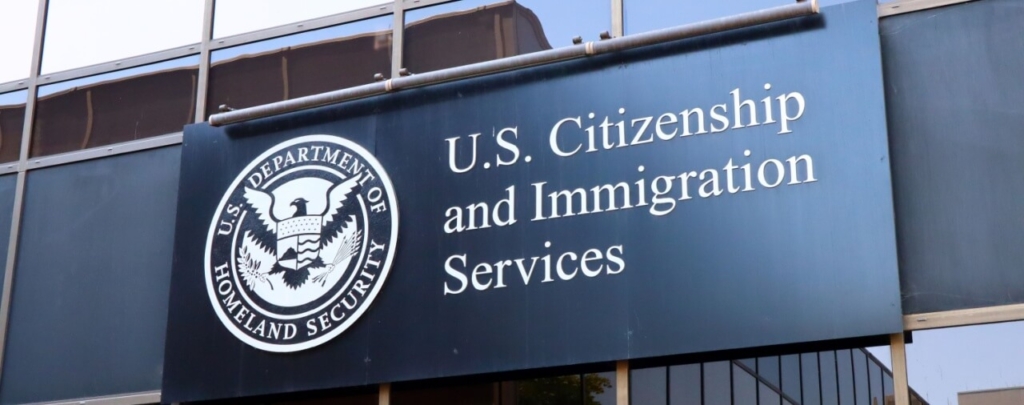Immigration has been in the headlines of late for its prominence in the Presidential race [see blog]. The debate over the reauthorization of the EB5 program, which is otherwise slated to expire on September 30, 2016, has also been making news both in Congress and on this site [see article]. However, there are many smaller immigration programs and details that are worth careful attention as well. For example, as I noted in my blog about the debate over EB5 reauthorization, the Conrad 30 Waiver program and the Special Immigrant Non-Minister Religious Worker Program are also slated to expire on September 30, 2016, although both are likely to be extended.
We have a comprehensive article on the Conrad 30 Waiver program on site [see article]. In short, the Conrad 30 Waiver program allows a state department of health to recommend up to thirty J1 medical doctors each year for a waiver of the 2-year home residency requirement, provided that they agree to be employed full time at a health care facility in a designated area of need for at least 3 years in H1B status. If the 3-year program is completed, the doctor will be eligible to apply for an immigrant visa, permanent residence, or an H or L nonimmigrant visa.
Last year, the Conrad 30 Waiver program was slated to expire first on September 30, 2015, and then in December of 2015. The program was ultimately extended, unchanged, on both occasions. On the latter occasion, the program was extended as part of the omnibus appropriations bill on December 16, 2015 [see blog].
Six days before the program was renewed, a beneficiary of the program, Deepak Hooda, M.D., wrote an interesting article for The Hill explaining why renewing the program was so important [link].1 In his article, Hooda explains that he procured a Conrad 30 Waiver in 2013 to work in West Virginia as an interventional cardiologist. He noted that he had become quite attached to West Virginia. Despite its virtues, West Virginia is one of the poorest states in the United States, and Hooda noted that it also has “one of the highest incidences of heart attacks in the country.” Fortunately, he reports, he has been able to provide new and innovative cardiovascular treatments to a population of patients in great need. In making a passionate case for the renewal of the Conrad 30 Waiver program, Hooda observed that he is only one of thousands of foreign-born doctors who “have been able to make critical contributions to America’s rural counties” due to benefitting from a Conrad 30 Waiver. Furthermore, he cited to a study indicating that twenty percent of physicians in rural communities are expected to retire over the next five years, thus further undermining the already imperiled medical outlook in these counties. He concluded his argument in support of renewing the Conrad 30 Waiver program by stating, “Congress should move swiftly to reauthorize and expand this program; my experience has shown that it is, quite literally, a matter of life and death.”
Dr. Hooda’s article provides an interesting perspective from a person who has been able to benefit patients in need thanks to the Conrad 30 Waiver program. For good reason, our immigration debate often keys in on popular issues such as immigration enforcement, legalization and amnesty, numbers of work visas, and contentious programs and initiatives such as the EB5 program. However, it is important that we also pay attention to smaller programs that may yield important benefits. The Conrad 30 Waiver program is an example of an immigration initiative that allows highly skilled and educated professionals to apply their skills in a targeted way to help Americans who are most in need. While, like for any program, we can always look at ways to improve it based on results and/or new ideas, the Conrad 30 Waiver program is both a valuable immigration program and one that deserves more public attention for its clear focus and benefits.





